CSAV reports a loss of US $ 46.7 million for the third quarter
Compania Sudamericana de Vapores recently published its financial results for the third quarter of 2013, showing a loss of US$ 46.7 million, which compares with earnings of US$ 34.3 million in the second quarter of this year and earnings of US$ 55.8 million in the same period of 2012.
The operating loss for the third quarter of 2013 was US$ 40.2 million, compared to a loss of US$ 32.2 million for the second quarter of 2013 (excluding the profit from the prepayment of the debt with AFLAC) and operating income of US$ 35.7 million in the same period of 2012.
The results for the latest period were negatively affected by the fall in freight rates in the industry, compared to the second quarter of the year and in particular to the same quarter of 2012. However, and as has occurred in recent quarters, CSAV obtained further improvements in its unit operating costs, an essential element in the company's business model.
In other words, the increase in volume shipped was greater than the increase in shipping costs during the quarter, with respect to both comparative periods.
CSAV's CEO, Oscar Hasbun, indicated that the results obtained are consistent with the rates?scenario affecting the industry. He said this situation was partially compensated by a reduction in unit costs as a result of the implementation of the new operating model.
Oscar Hasbun stressed that "his scenario has shown a correction in recent weeks, with freight rates increasing strongly in our most important trades. If maintained, it could help to improve the company? results toward the first quarter of 2014.
"During the third quarter, CSAV successfully completed a capital increase of US$ 330 million in order to partially finance seven new 9,300 TEU ships and to prepay the financial debt with AFLAC. This operation was made within the capital injection of US$500 million originally approved at the shareholders's meeting held on April 29 this year.
The ships, which will start to be delivered in late 2014, have the latest-technology equipment which will enable the company to significantly reduce bunker consumption costs. Their addition to the fleet will also allow the replacement of ships that are currently being chartered by the company. < Korea Shipping Gazette >
많이 본 기사
- 국제물류업계, 광양항 마지막 배후단지 활용법 모색한다‘일상이 된 물류시장 불확실성’, AI·친환경이 돌파구‘고환율·저운임’ 글로벌 물류기업 일제히 부진한 실적 신고‘수요 둔화 지속’ 컨운임지수 한주만에 1300선으로 후퇴DHL, 중동 두바이에 차세대 물류허브 개소한국해양대, 장금상선등 해운사와 해양인재 양성방안 모색해운협회, 부산항도선사회와 CCTV 활용 안전도선 업무협약KMI, 우리나라와 북극권국가 협력 방안 모색2028년 유엔 해양총회 한국 유치 확정벌크선시장, 급등 이후 조정 '속도 조절 들어가나'
- 전재수 해수부 장관 사의…“해양수도권 차질없이 육성되길”쿠팡 박대준 대표이사 사임…“개인정보 유출 책임 통감”日 ONE 운항 9100TEU급 컨선 화재…공동해손 선언윌로그, 벤처창업진흥유공 대통령 표창 수상아시아나IDT, 산업안전세미나 개최…‘플랜투두’ 확산 전략 공유아로아랩스, 중기부 창업지원프로그램 선정…연구개발 자금 확보부음/ 해운조합 최종진 본부장 빙모상경운대, 국제항공운송협회와 대학 최초 교육협약 체결조선기자재硏·이마린·그린에너지솔루션, 친환경선박 배출수 기술개발...인천항만공사, 전기차 화재대응 안전역량 강화 나선다





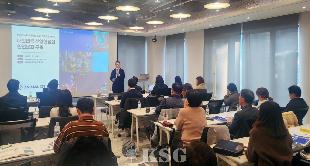




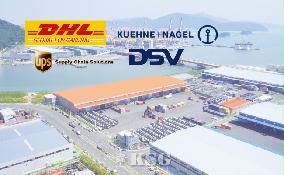

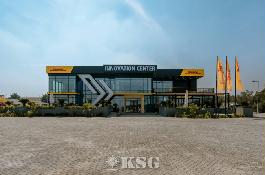
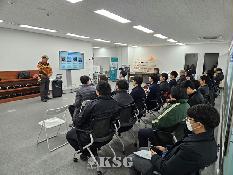

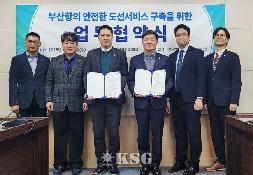
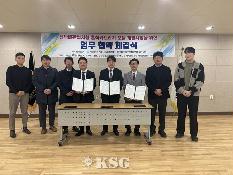

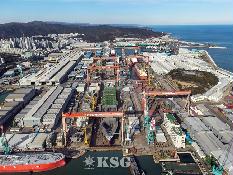
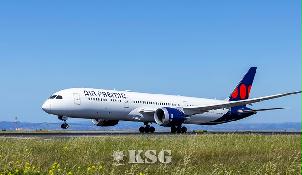
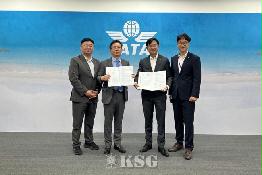

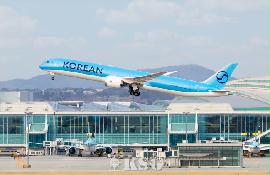


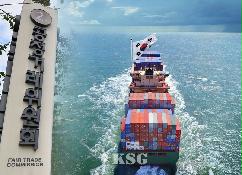
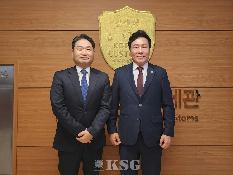

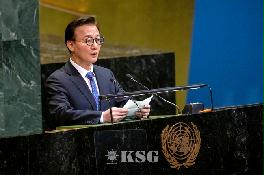
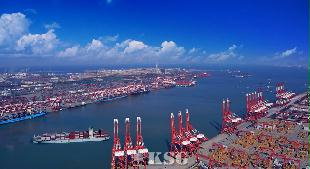
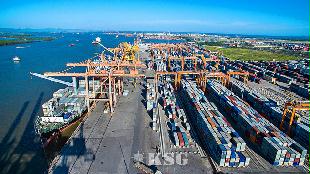
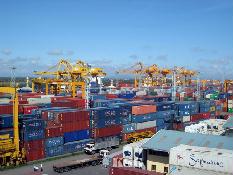






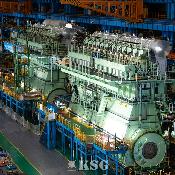
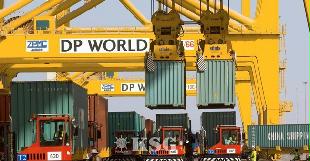

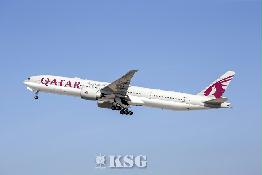





















0/250
확인